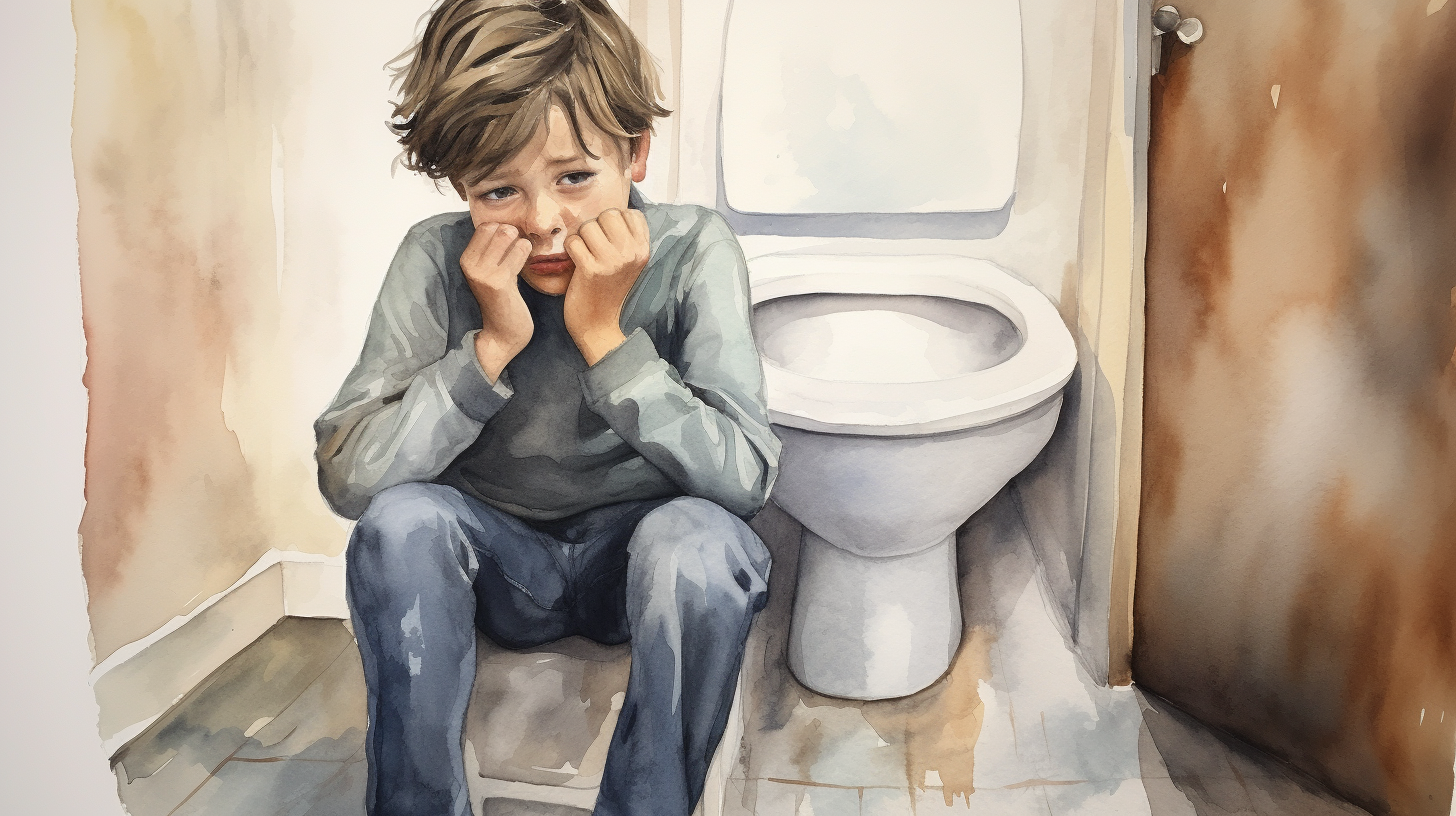What Does It Mean to Dream About Nausea? Exploring the Symbolism and Messages Behind Nausea Dreams
Dreams about nausea can be unsettling, leaving you with a lingering sense of discomfort even after waking. If you’ve recently experienced a dream where you felt nauseous or sick, you might be wondering what this signifies. Dreams about nausea aren’t just random—they often carry deeper meanings connected to your emotions, health, and subconscious mind.
In this blog post, we’ll explore the possible interpretations of dreaming about nausea, helping you understand what your mind might be trying to tell you.
Understanding Nausea in Dreams: An Overview
Nausea in dreams is typically symbolic rather than literal. It often points to emotional or psychological discomfort rather than physical illness. Feeling nauseous in a dream may represent feelings of unease, rejection, or something in your life that you find hard to accept.
Since nausea is a bodily reaction to something unpleasant, the dream may be highlighting an aspect of your waking life that your mind finds difficult or “indigestible.”
Common Interpretations of Dreams About Nausea
1. Emotional Rejection or Disgust
Dreaming of nausea can reflect emotional rejection or disgust towards a situation, person, or aspect of yourself. It may indicate that you are struggling to accept something important or feel repulsed by a particular experience.
For example, if you’re going through a difficult relationship or facing a tough decision, nausea dreams might signal your subconscious discomfort with these challenges.
2. Stress and Anxiety
Nausea dreams often occur during periods of heightened stress or anxiety. When you feel overwhelmed in your waking life, your mind might use the sensation of nausea to express emotional turmoil or mental “upset.”
If you’re dealing with pressure at work, family issues, or uncertainty about the future, nausea in a dream could be a physical manifestation of these worries.
3. Warning Sign of Toxicity
Sometimes, nausea in dreams acts as a warning about toxicity—whether physical, emotional, or environmental. This might mean toxic relationships, unhealthy habits, or negative environments that your subconscious is urging you to reconsider or avoid.
Your dream could be telling you to “cleanse” yourself from harmful influences.
4. Need for Change or Release
Feeling nauseous in a dream might also symbolise the need to “get rid of” something—such as bad habits, unresolved emotions, or burdens that no longer serve you. This dream can be a sign that it’s time to make changes or let go of what’s causing discomfort in your life.
Physical Health vs Symbolic Meaning
While dreams about nausea often represent emotional or psychological themes, it’s also important to consider your physical health. Sometimes, actual bodily sensations during sleep—like feeling unwell or experiencing indigestion—can trigger nausea dreams.
If you frequently dream about nausea and also experience real digestive or health problems, it’s a good idea to consult a healthcare professional.
How to Interpret Your Nausea Dream
To better understand your nausea dream, think about the context and emotions involved:
- Were you feeling scared, embarrassed, or overwhelmed?
- What was causing the nausea in the dream—something you ate, a person, or a situation?
- How do these elements connect with your current life experiences?
- Is there an area of your life that feels “uncomfortable” or difficult to “digest”?
Answering these questions will help you uncover the personal message behind your dream.
Psychological Insights: What Dream Experts Say
Dream analysts often view nausea dreams as reflections of inner conflict or discomfort. Carl Jung, a pioneer in dream interpretation, might suggest that nausea in a dream points to parts of yourself or your life that need healing or acceptance.
From a Freudian perspective, nausea might relate to repression or unresolved emotional issues surfacing in symbolic form.
What to Do After Having a Dream About Nausea
- Reflect on your emotions: Consider if there’s something in your waking life that’s causing discomfort or stress.
- Journal your dream: Writing down details can reveal patterns or recurring themes.
- Address toxic influences: If the dream signals toxicity, think about changes you can make to improve your environment or relationships.
- Focus on self-care: Managing stress through relaxation, exercise, or talking to someone you trust can ease emotional distress.
- Monitor physical health: If nausea dreams coincide with real health issues, seek medical advice.
Frequently Asked Questions About Nausea Dreams
Can dreaming about nausea predict illness?
Dreams about nausea are usually symbolic rather than predictive. However, if you feel unwell physically, your body might trigger such dreams.
Why do I keep dreaming about feeling sick or nauseous?
Recurring nausea dreams can indicate ongoing stress, emotional discomfort, or unresolved problems that your mind is trying to process.
Is there a positive meaning to nausea dreams?
Yes. Sometimes nausea dreams suggest cleansing, letting go, or the need for personal growth and change.
Conclusion: Understanding the Message Behind Nausea Dreams
Dreaming about nausea is more than just a distressing sensation during sleep—it can be a meaningful signal from your subconscious. Often linked to emotional discomfort, stress, or the need for change, these dreams invite you to explore what in your life feels hard to accept or “digest.”
By reflecting on your nausea dreams with openness and curiosity, you can gain valuable insights into your mental and emotional well-being, helping you to move toward greater balance and peace.



